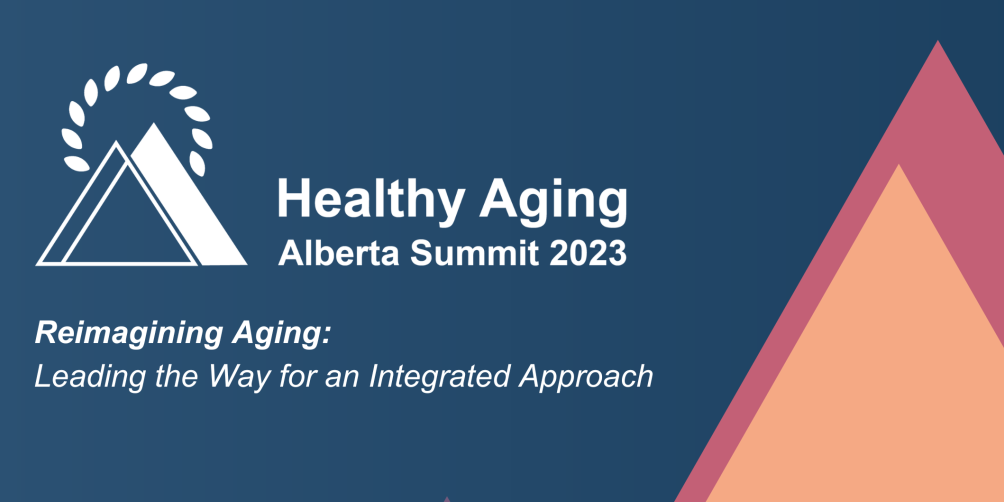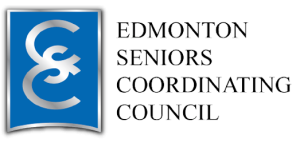Healthy Aging Alberta Summit 2023 – ESCC Recap

The inaugural Summit co-hosted by Healthy Aging AB and the AB Association of Gerontology was jam-packed with opportunities to reflect, ponder, imagine and plan. Sold-out numbers of people both in person and online reflected a spectrum of Albertans -- Board members, staff and volunteers from community-based seniors-serving organizations, health care providers, and many from post-secondary institutions, corporate, public and private sectors.
ESCC Board and Staff members who attended the Summit found it to be time well spent. The Summit provided opportunity to network, learn and engage in impactful cross-sector conversations to address issues and challenges, innovative service delivery models, policy development and systems transformation to better support older aging in communities across the province. Here are some of their reflections and highlights:
- I was very impressed with the caliber of speakers.
- Michael Phair’s breakout session “The Door is Open” provided an excellent insight and timeline of the challenges as well as the milestones of the 2SLGBTQ community.
- Shaun Loney’s Social Enterprise sessions inspired us to see another way of doing business – and that we can’t continue to rely on grant funding alone.
- A Métis attendee noted the lack of representation of First Nations and Métis leadership at the conference, and this rang true for me. We still have a great deal of work to properly integrate First Nations and Métis communities into our work as a sector. We have so much to learn from them about valuing and respecting seniors meaningfully.
- The session: Building Social Resilience Through “Futures Literacy” was thought-provoking, challenging totally new ways to think about preparedness.
- I was grateful to sit with staff from the Canadian Institute for Social Prescribing, to both share about the Edmonton 55+ Social Prescribing Project and also learn more about the work being done across Canada.
- I was grateful for the time to reflect on the work within Seniors Coordinated Outreach and learn from other peers about their approaches and solutions to issues facing seniors.
- We must note how systems and institutions affect the well-being of older adults and look for ways to shift those macro-level structures. A person-centered, strengths-based approach in collaboration with academia, government, and interdisciplinary teams can give individual older adults opportunities to define their own health and well being.
- The needs of caregivers was an important focus, and we learned of work happening in other provinces and nationally.
- The three days left us with optimism, excitement, and many new perspectives.



